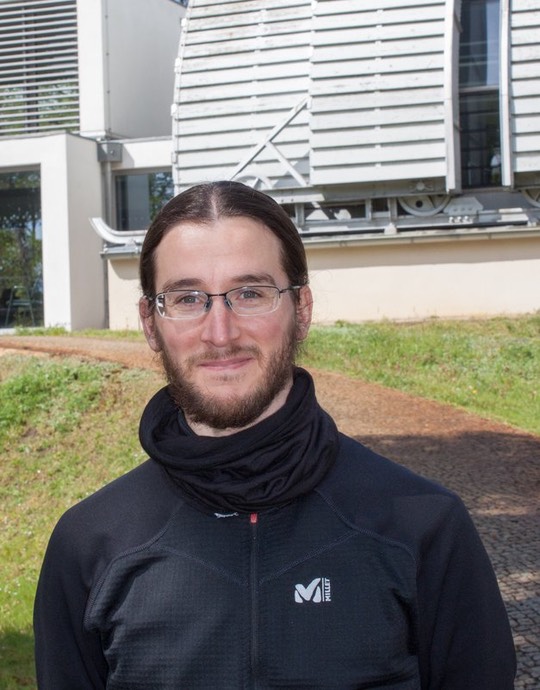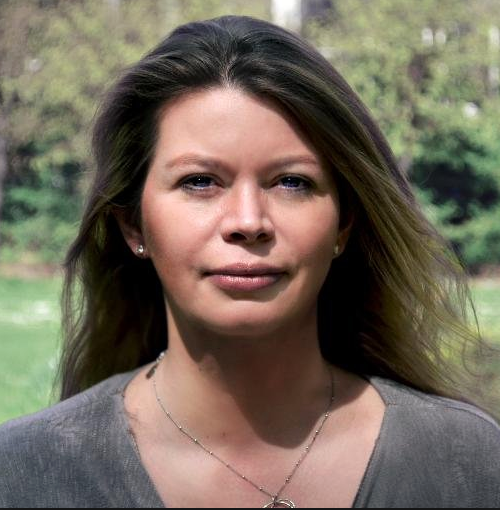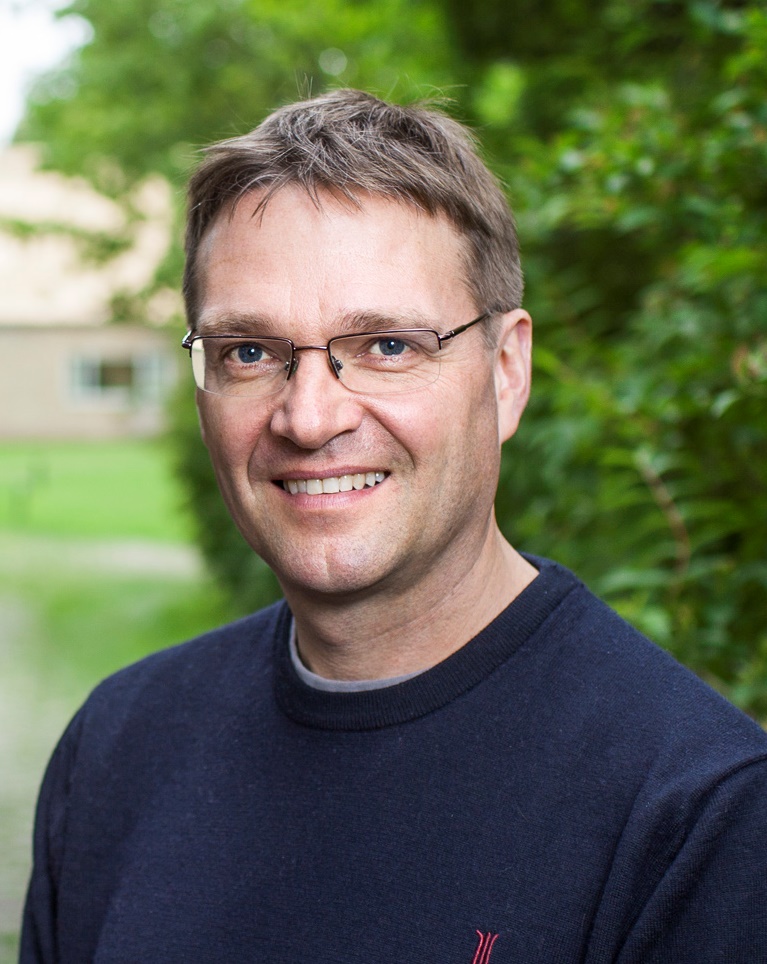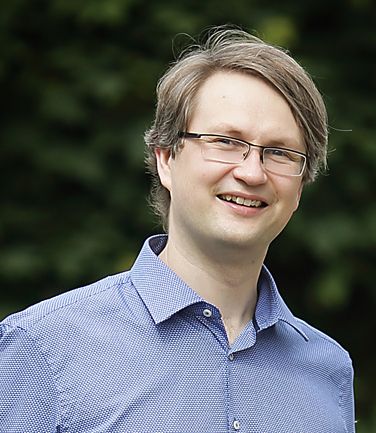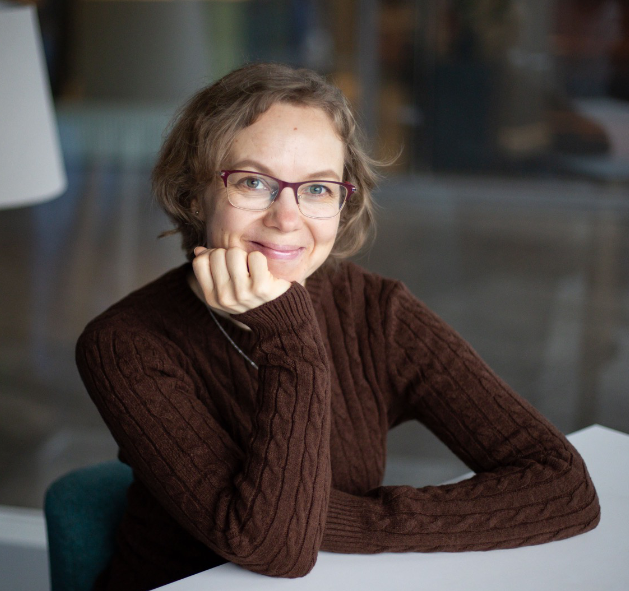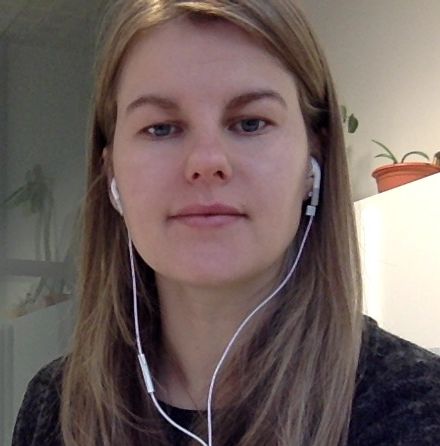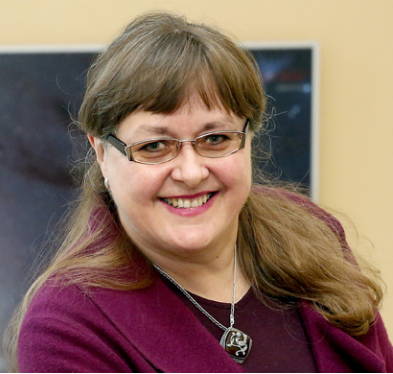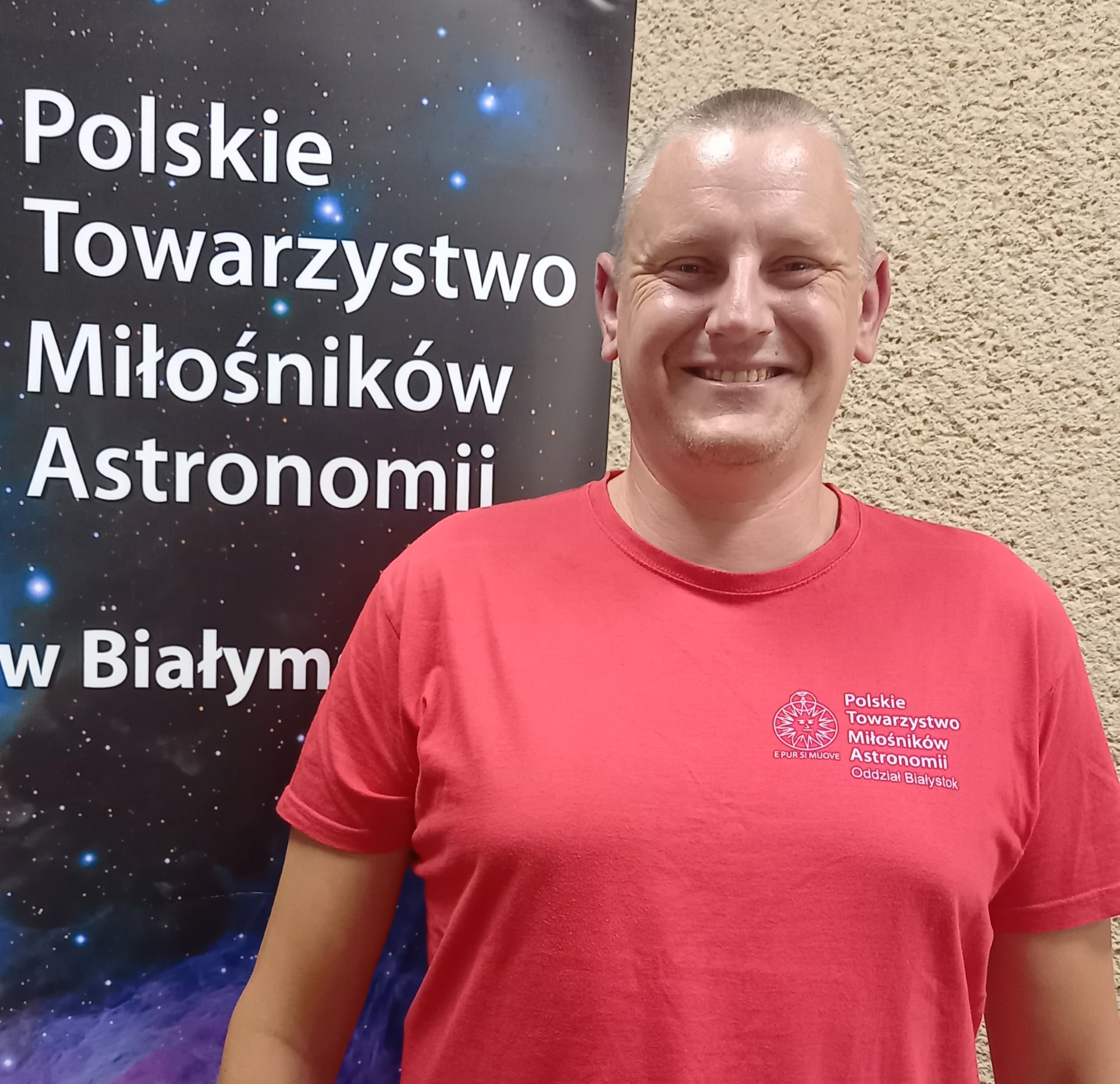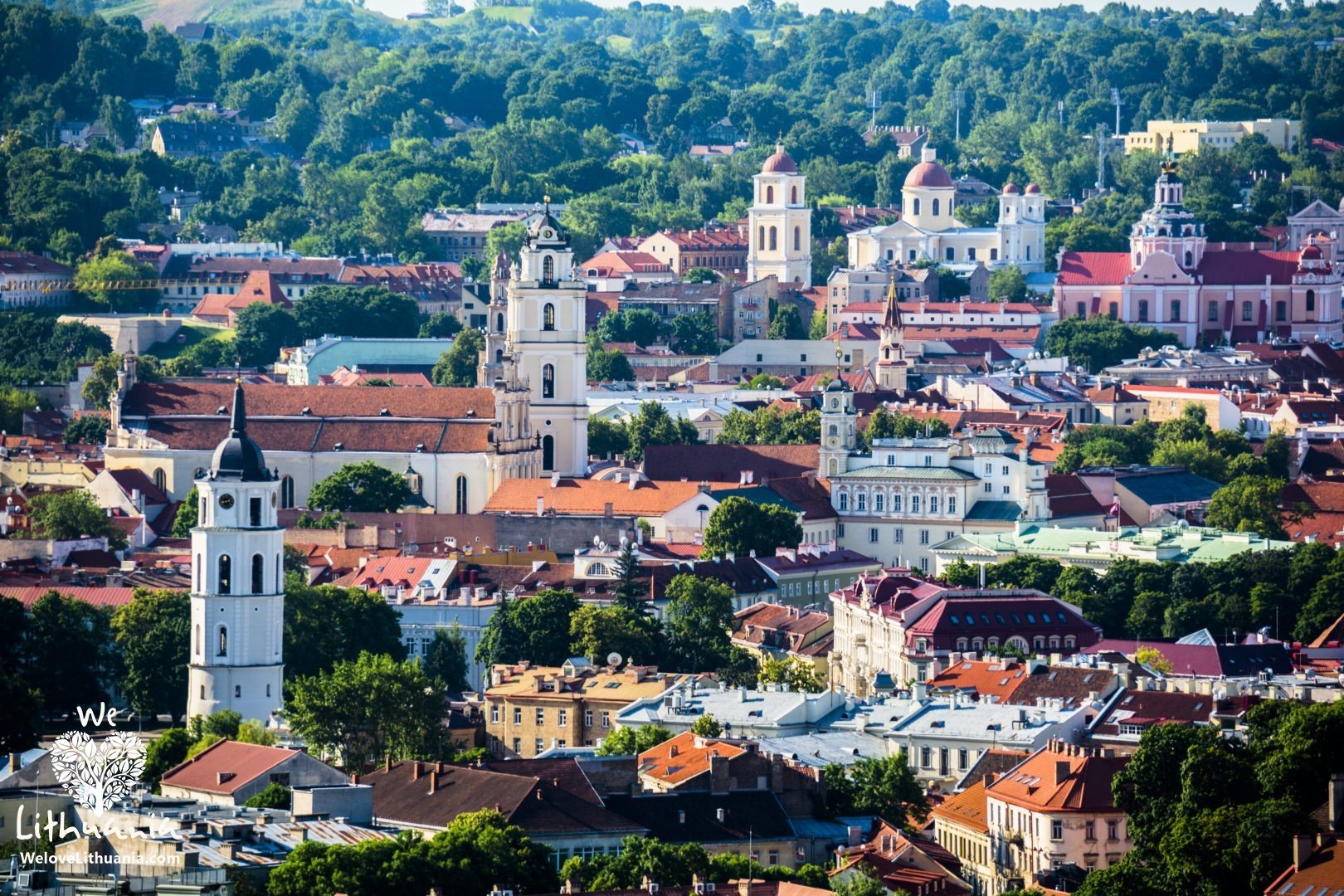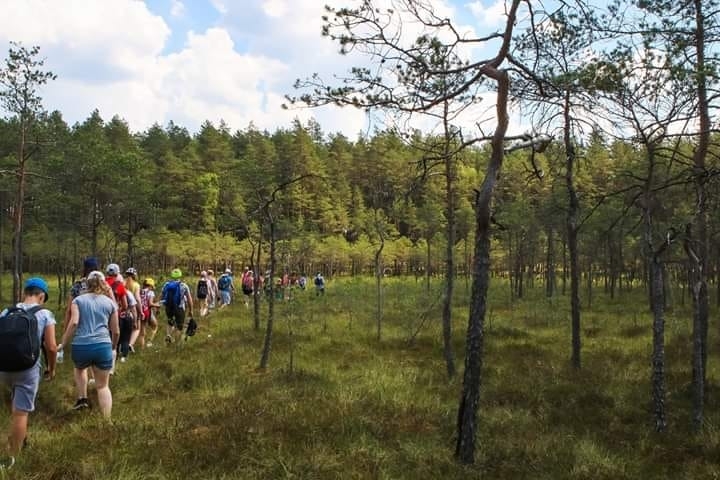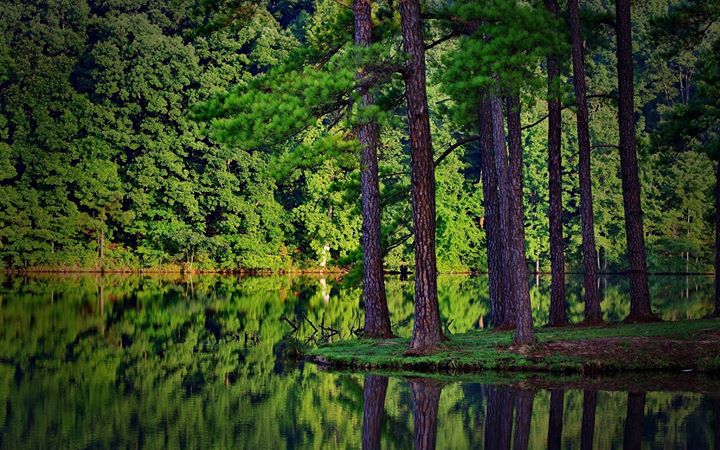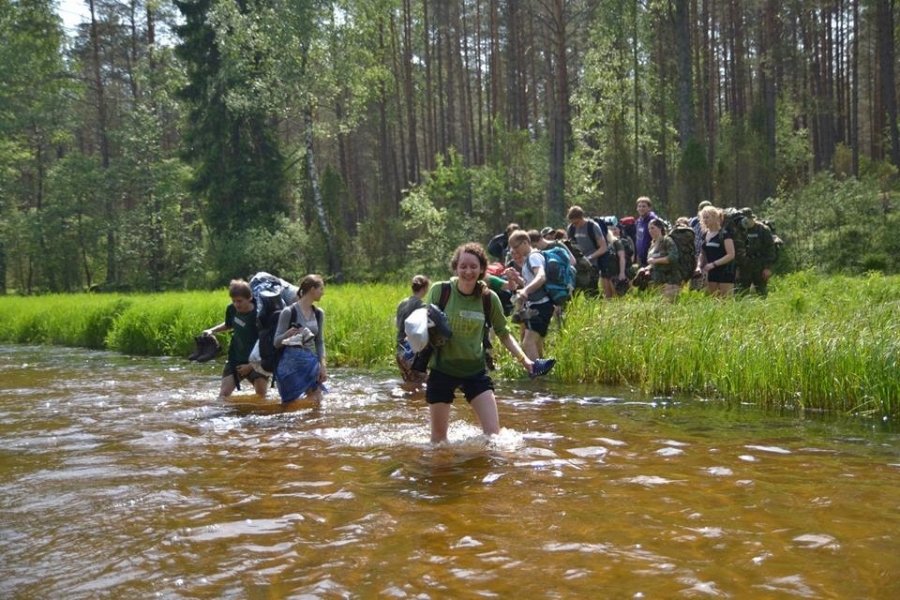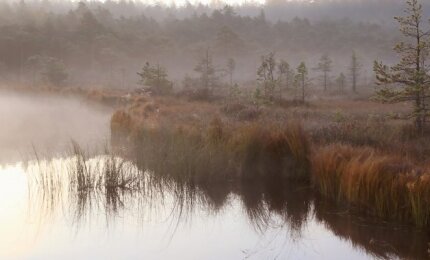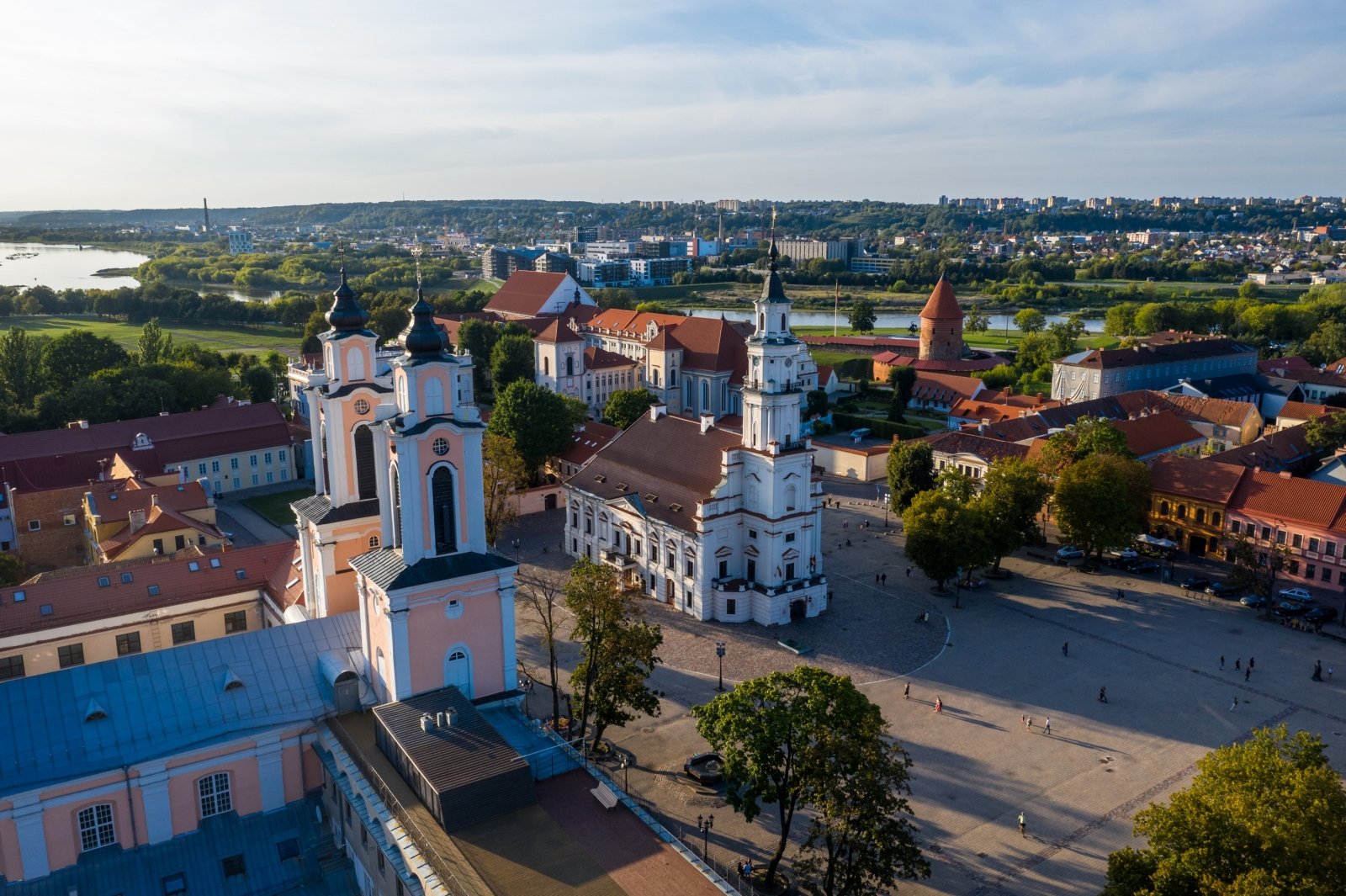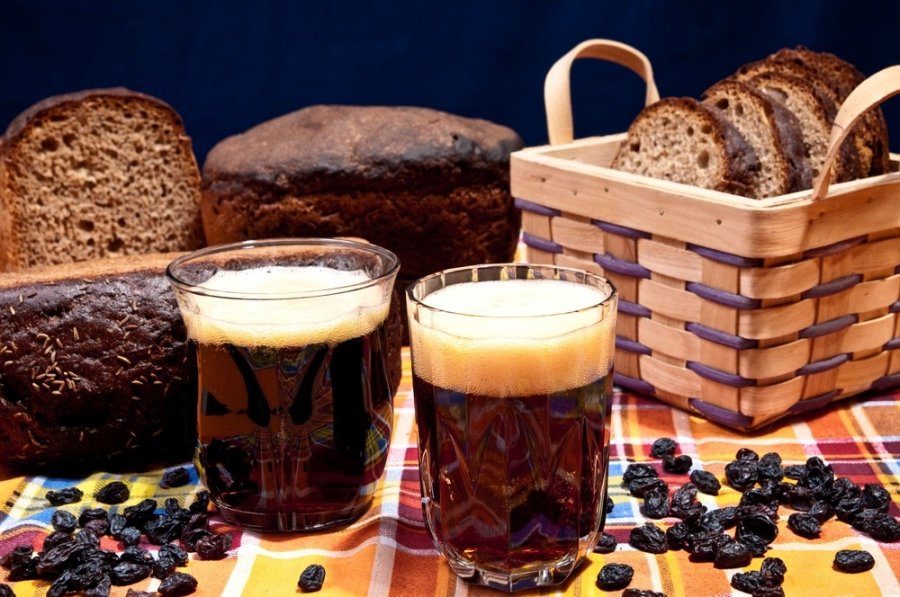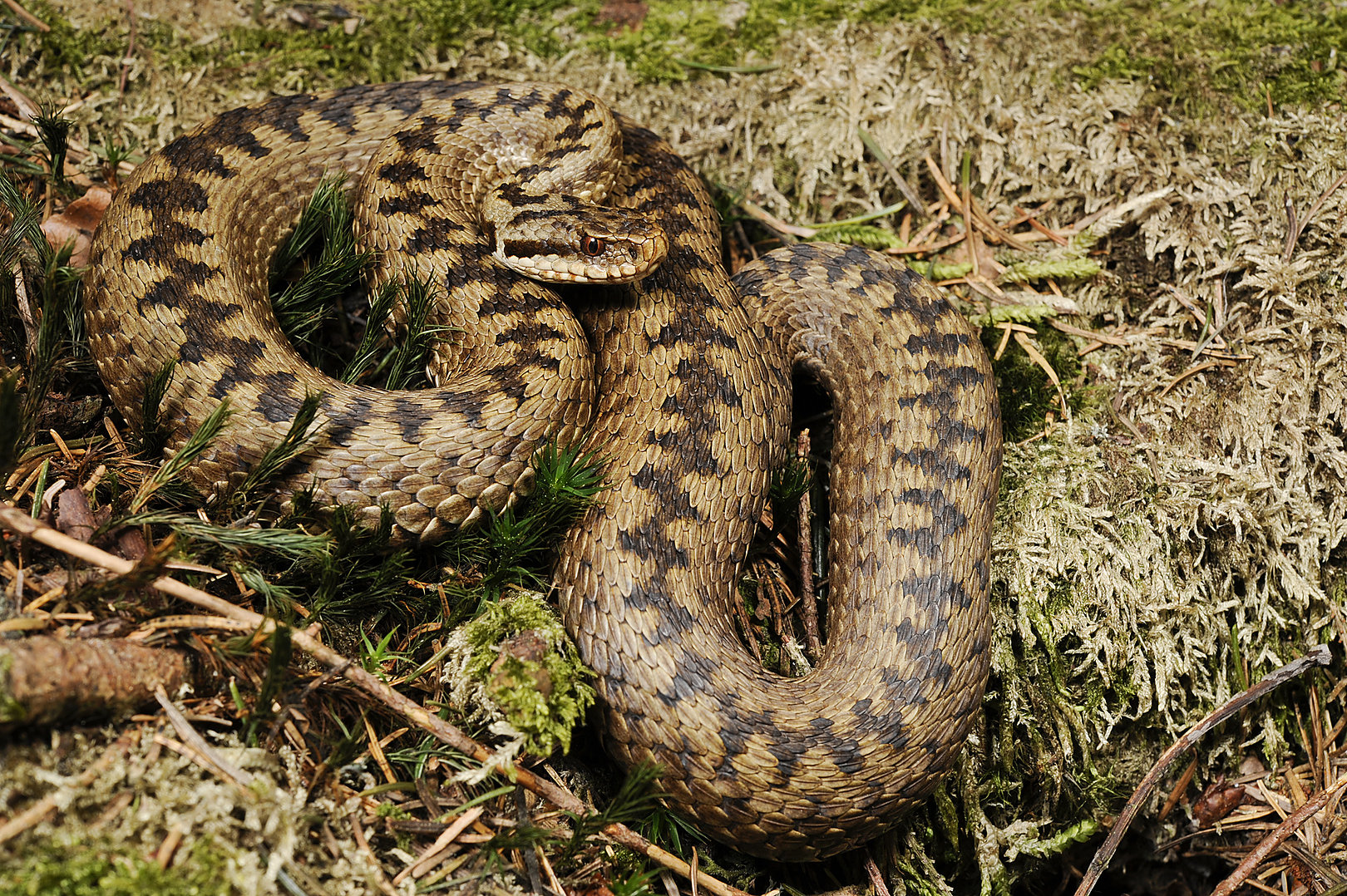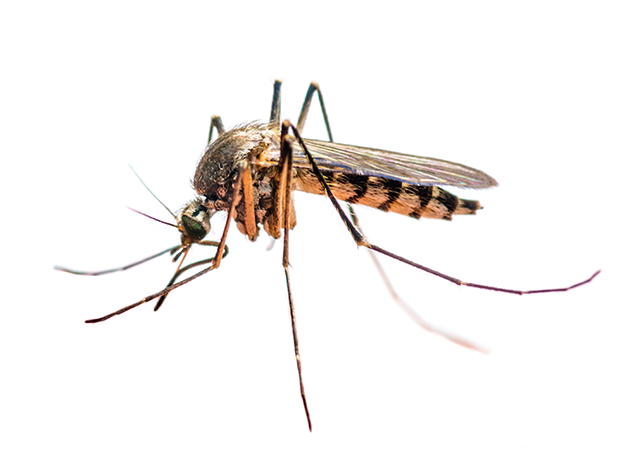| Europlanet Summer School 2023 |
|
Europlanet 2024-RI and the Molėtai Astronomical Observatory (ITPA VU) are pleased to announce the international research summer school „Space missions: ground-based observations and science communication“ (August 8 - 18, 2023). The aim of the course is to give participants a thorough, multidisciplinary introduction into space missions and the ground-based observations required by space missions before and after launch, as well as an introduction to science communication. More general subjects about specific space missions (TESS, JWST, PLATO…), planetary systems, habitability of planets, photometric and spectroscopic techniques will be presented. Participants will be given some hands-on experience with analysis of stellar chemical composition, detection of stellar variability and/or exoplanets using the Molėtai Astronomical Observatory telescopes (CCD photometry and high-resolution spectroscopy). In addition, the course will give participants the opportunity to develop comprehensive theoretical and practical skills in science communication and engaging with a range of lay audiences, including the public, media, policy makers, schools and educators. The course is open to PhD and master students, early career scientists, and amateur astronomers. Activities of professional astronomers and amateur astronomers will be merged in order to achieve more understanding between groups. The level of the school is orientated to PhD students and early career scientists, however amateur astronomers will be provided with the additional scientific support during lectures and observations.
The deadline for application is 8 June 2023 23:59:00 UTC. Notifications of acceptance by 1 July 2023 23:59:00 UTC.
* More information concerning the reimbursement will be provided for the selected participants personally.  |
| Organizing Committee |
|
Scientific Organizing Committee
Local Organizing Committee
|
| Programme |
|
|||||||||||||||||||||||||||||||||||||||||||||||||||||||||||||||||||||||||||||||||||||||||||||||||||||||||||||||||||||||||||||||||||||||||||||||||||||||||||||||||||||||||||||||||||||||||||||||||||||||||||||||||||||||||||||||||||||||||||||||||||||||||||||||||||||||||||||||||||||||||||||||||||||||||||||||||||||||||||||||||||||||||||||||||||||||||||||||||||||||||||||||
| Lecturers and instructors |
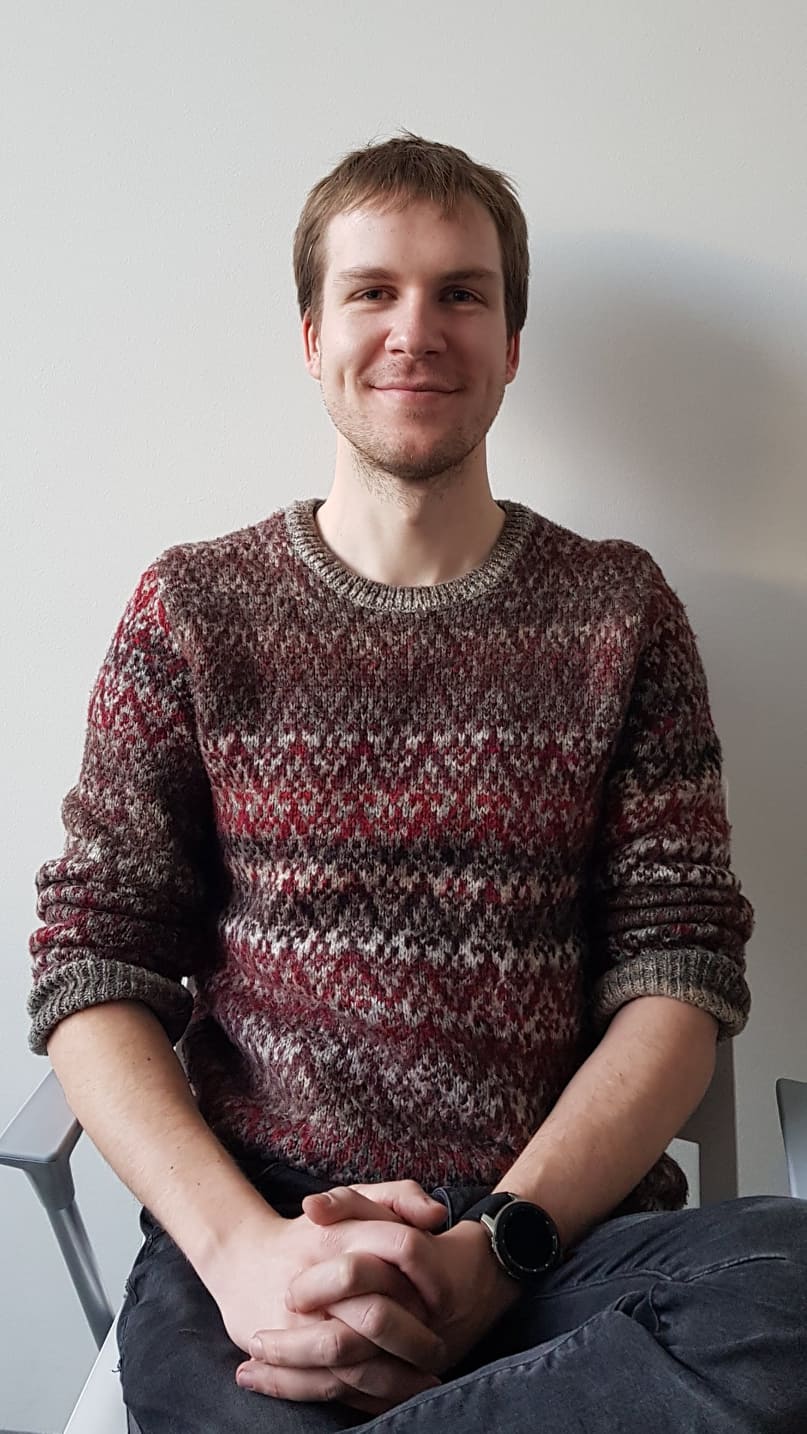
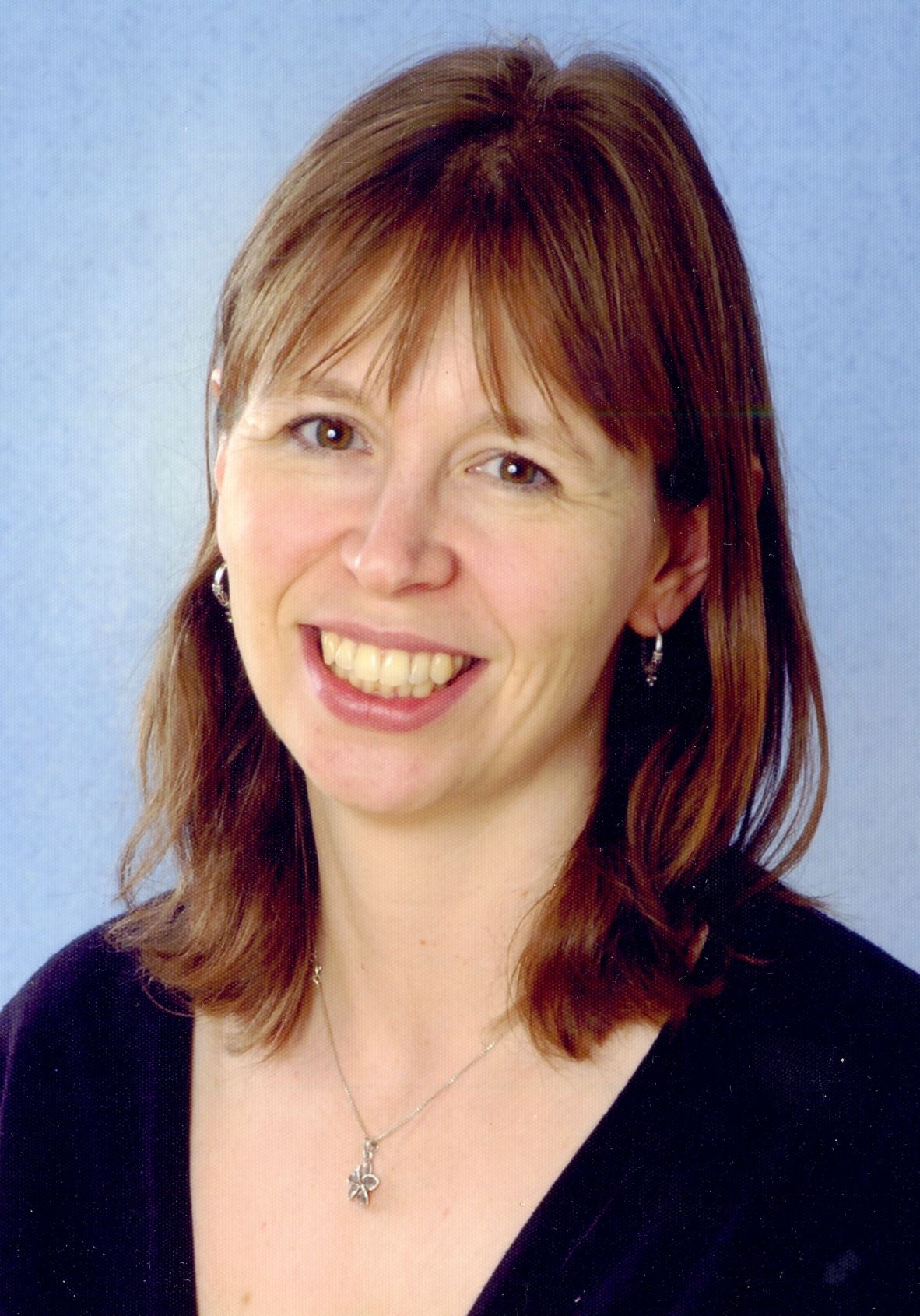
|
| Participants |
|
|
|||||||||||||||||||||||||||||||||||||||||||||||||||||||||||||||||||||||||||||||||||||||||||||||||||||||||||||||||||||||||||||||||||||||||||||
| Posters and online material |
| Venue |
|
The course is held at the Molėtai Observatory near the town with the same name (around 70 km from Vilnius). Please note that the venue is a bit in the middle of nowhere (as observatories usually are). Thus it is wise to bring all the things you needs with you, since shopping possibilities will be limited. For your needs, an observatory car will go to Molėtai about twice a day and the organisers will accept your orders since you will be occupied by your lectures and other school activities. 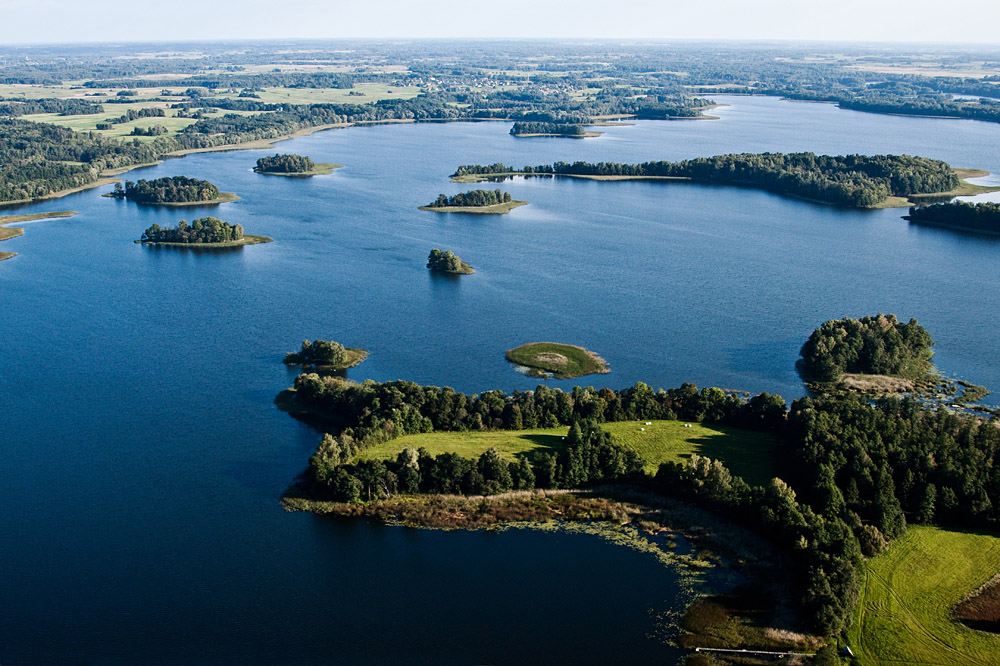 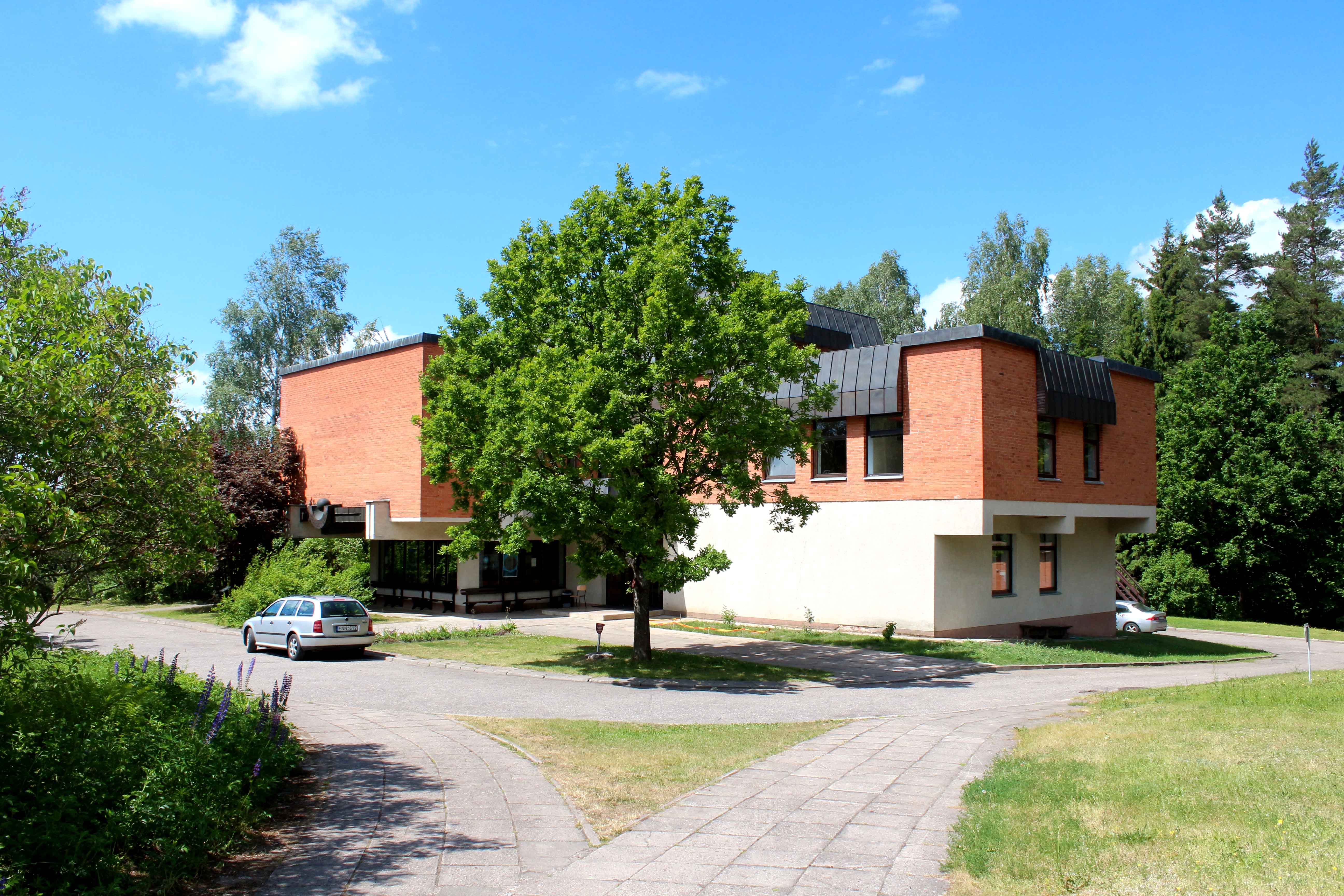 Accommodation Students will be housed in double and triple rooms at the Molėtai Observatory, whereas lecturers will be living in single rooms. There will be one bathroom for 2 or 3 rooms. Linen and towels will be provided. Rooms are not too large, so please do not bring your whole household with you. Lectures and poster session Lectures will be held in the auditorium at the Molėtai observatory. Standard poster sizes: A0 (841 x 1189 mm.) portrait or A1 (594 x 841 mm.) landscape. Arriving to the observatory 1. By plane to Vilnius airport. Convenient way for distant travellers. Use the train or public bus 1 or 2 to get to the coach station from Vilnius airport (railway and coach stations are close to each other). There choose the bus Vilnius-Moletai. Check the timetable . Organizers will provide transportation from Molėtai town coach station to the observatory. 2. By car. For Baltic people it is the easy way to reach the observatory. Please, check the position on the Google map. Distances: Riga 231 km – about 3 hours 23 min. Tallin 539 km – about 7 hours 28 min. Tartu 446 km – about 6 hours 32 min. 3. By bus: The best choice is to go to Vilnius. From Vilnius coach station choose the bus Vilnius-Moletai. Check the timetable. Organizers will provide transportation from Molėtai town coach station to the observatory. Please, inform about your arriving times as soon as possible, organizers will try to provide transportation from Vilnius and organizers will definitely provide the transportation form Molėtai. If you will have any questions, please contact organizers. Please save the phone number of organizers to call or sms about your arrival to Molėtai or Utena.
|
| Social Information |
|
Excursion to Vilnius (2023-08-13 Sunday) Vilnius is the capital of Lithuania and also its largest city (Population of 550,000).Vilnius is located in the southeast part of Lithuania and is the second largest city of the Baltic states.It is known for its Old Town of beautiful architecture, declared a UNESCO World Heritage Site in 1994. Its Jewish influence until the 20th century has led to it being described as"the Jerusalem of the North". In 2009, Vilnius was the European Capital of Culture, together with the Austrian city of Linz.
Hiking The biggest Regional Park in Lithuania. It is a forest massif, which is called Labanoro forest. It is one of the biggest and most beautiful forest of Lithuania, and also most valuable treasure of the Regional Park. The relief of the Park is almost flat, but the North-western part of the Park terrain is very undulating. This is a consequence of the glacial period. In the deeper layers underground. It is possible to find moraine loam, which is covered by sand, and this is the reason why up to 300 clear-watered lakes and ponds can be found rippling around even in very small recesses.13% of territory is covered by the lakes. This part of Lithuania has the most lakes. The majority of lakes have interesting islands, bays and peninsulas. The most valuable ones are given the status of natural heritage (Alnio, Aiseto and Mažųjų Siaurių peninsulas). Aiseto, Galuono and Dumblio lakes combine one of the longest hydrographical complexes. Siesartis is third of the most island-full lakes in Lithuania.
Sightseeing
Allergies Customs Driving in Lithuania Electricity
Emergency Food
Locally brewed beer (alus), whiskey (degtine), and kvass (gira) are popular drinks in Lithuania. Lithuania is also a place where you may taste the unique snacks with beer such as: garlic bread, peas with ribs, smoked cheese, smoked pig ears and plums with various fillings.
Health issues Since we are in the countryside, you are recommended to be vaccinated against tetanus. Also, vaccination against tick-borne encephalitis (TBE) is highly recommended. Immigration & Visa requirements Language
Therefore, the grass snake (Natrix natrix), sometimes called the ringed snake or water snake, is not dangerous and very common in our forest. It is very lovely, please, never harm it. You, probably, will see them swiming in the lake. Please, enjoy that moment. Another lovely animal is the Anguis fragilis, or slow worm, is a limbless lizard native to Eurasia. It is sometimes called a blindworm. Its German name, "Blindschleiche".
The grass snake takes a very important role in the Baltic mythology. Religion
Please note that during the summer school the programme is dense and souvenir shopping possibilities in Molėtai are somewhat limited. Better to plan in an extra day in Vilnius. Telephone |
